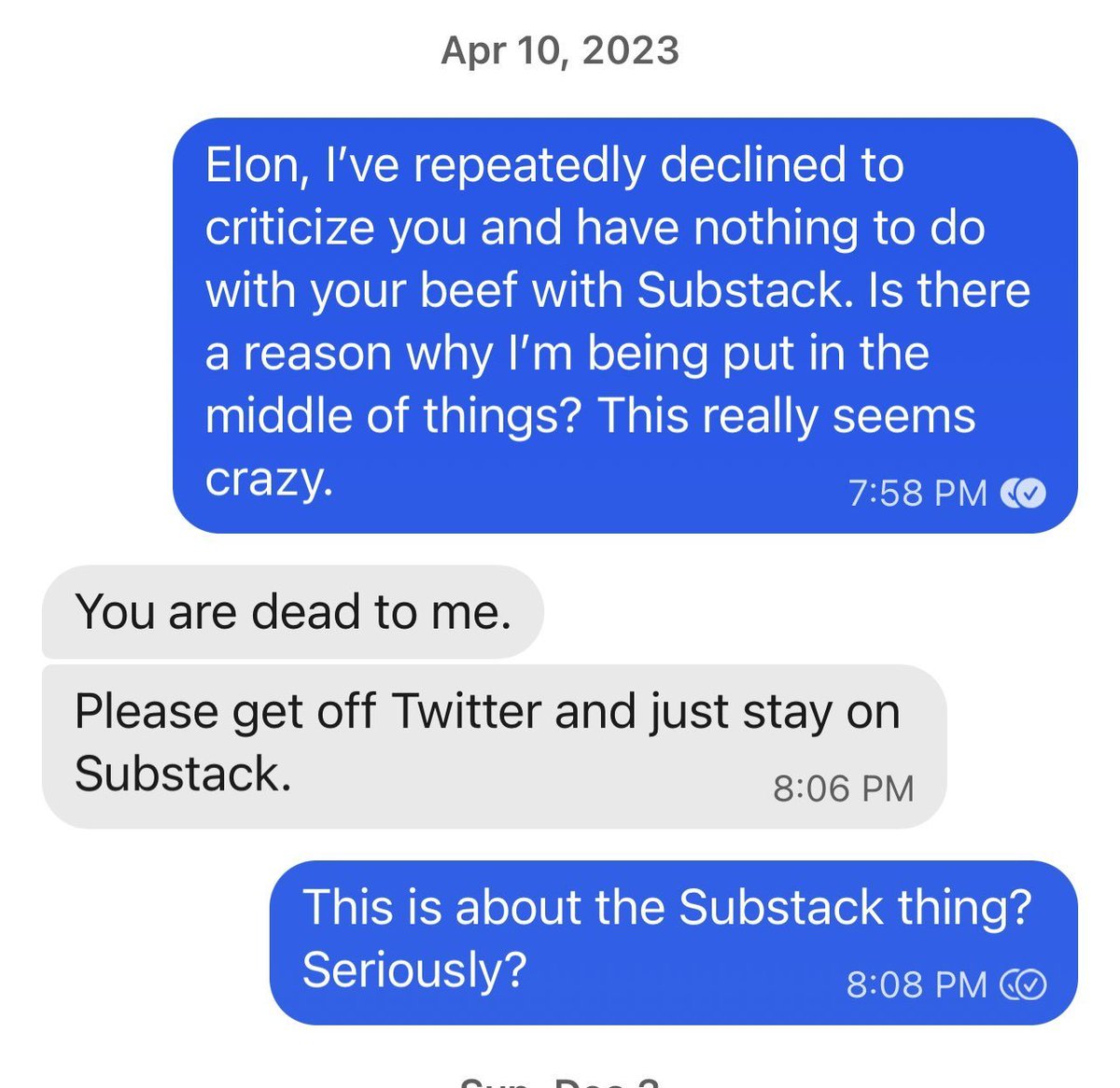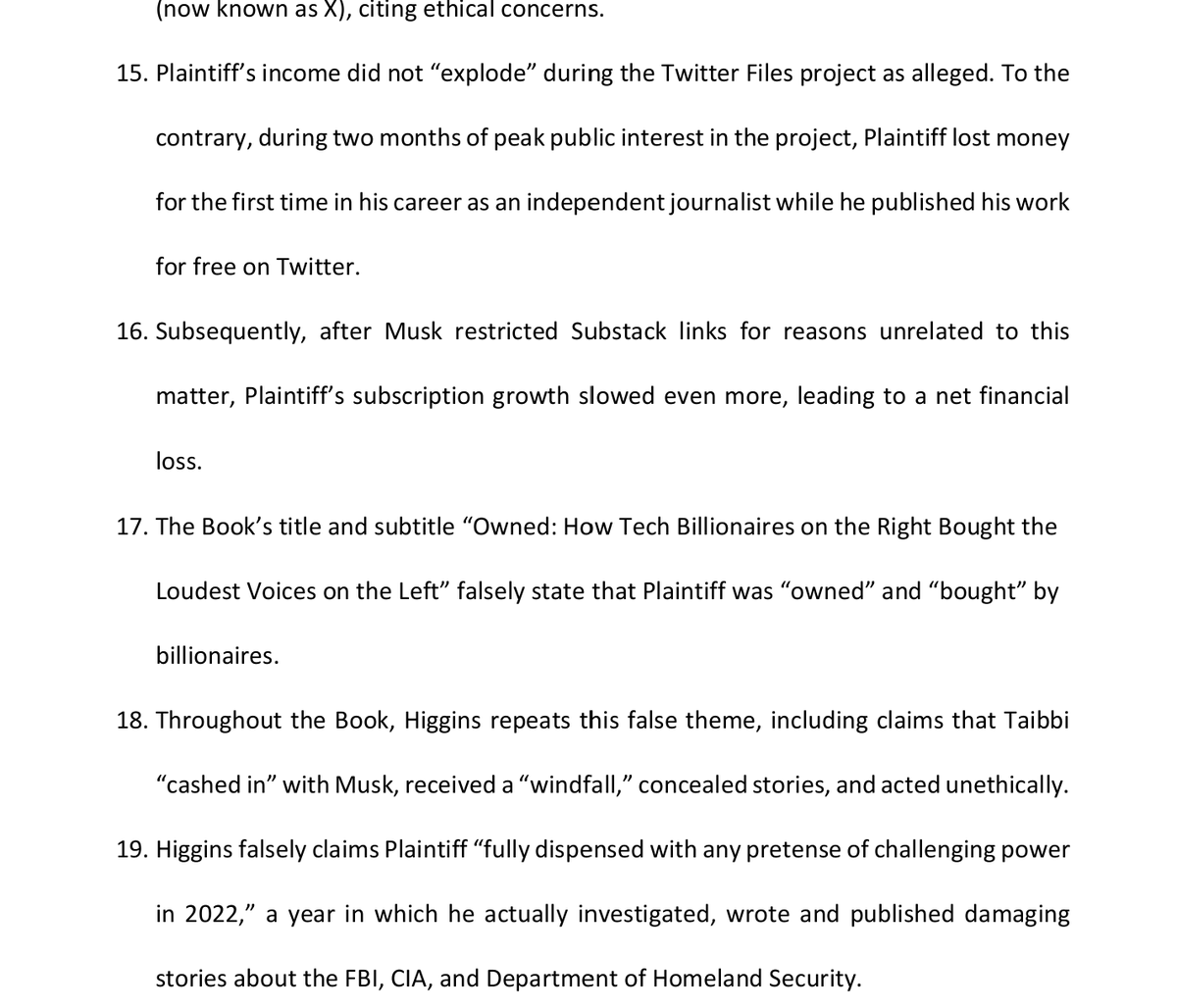District Attorney Fani Willis has opened up a website to sell merch, particularly on "Fani Friday." You too can have your very own Fani T. Willis fan club t-shirt.
the-official-fani-store.printify.me/product/672427…


the-official-fani-store.printify.me/product/672427…


The site only takes credit cards so you can't pay for things with untraceable cash
• • •
Missing some Tweet in this thread? You can try to
force a refresh











